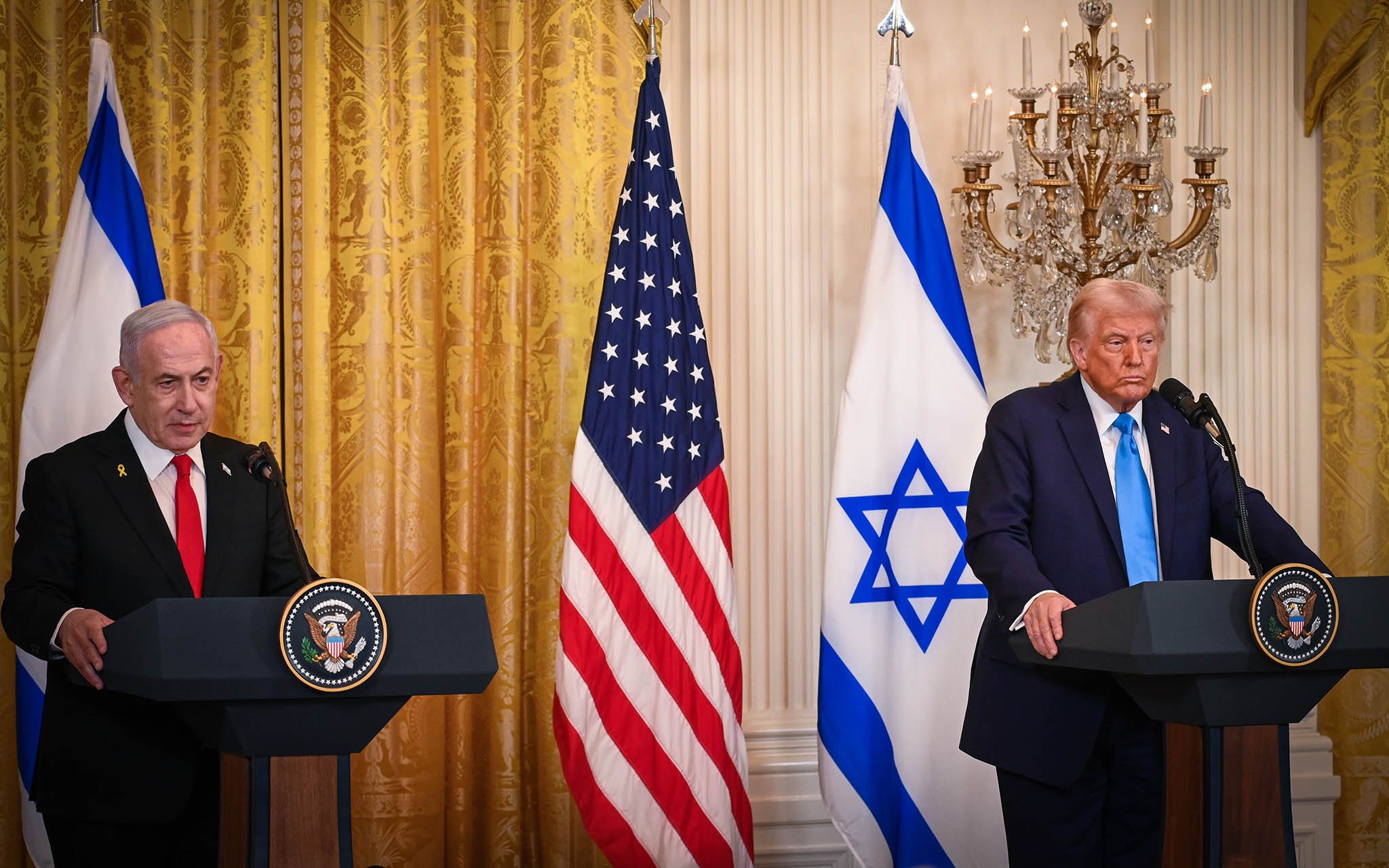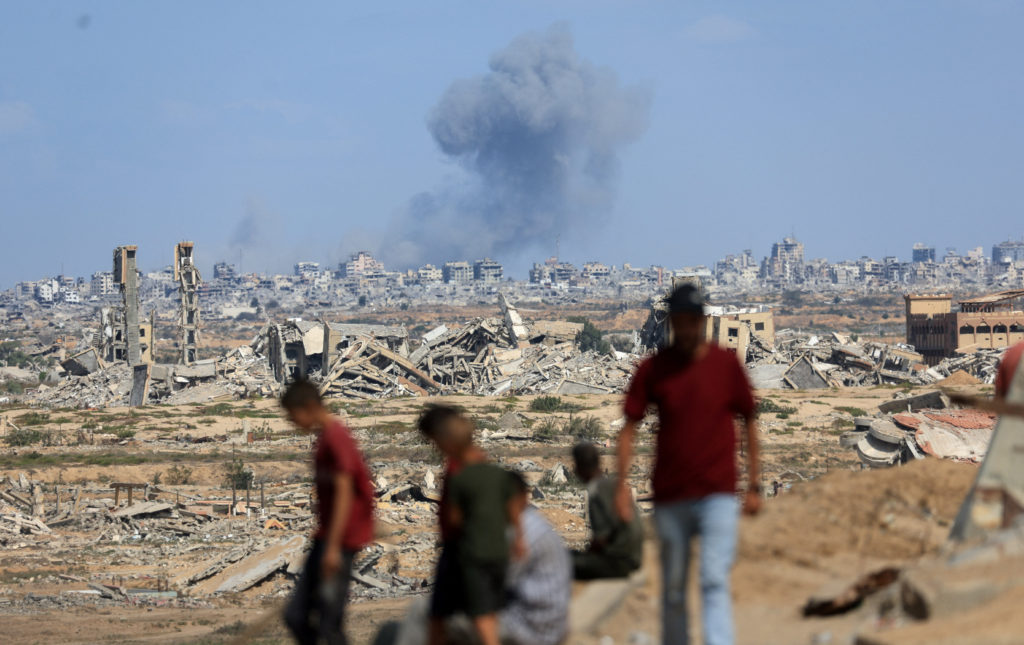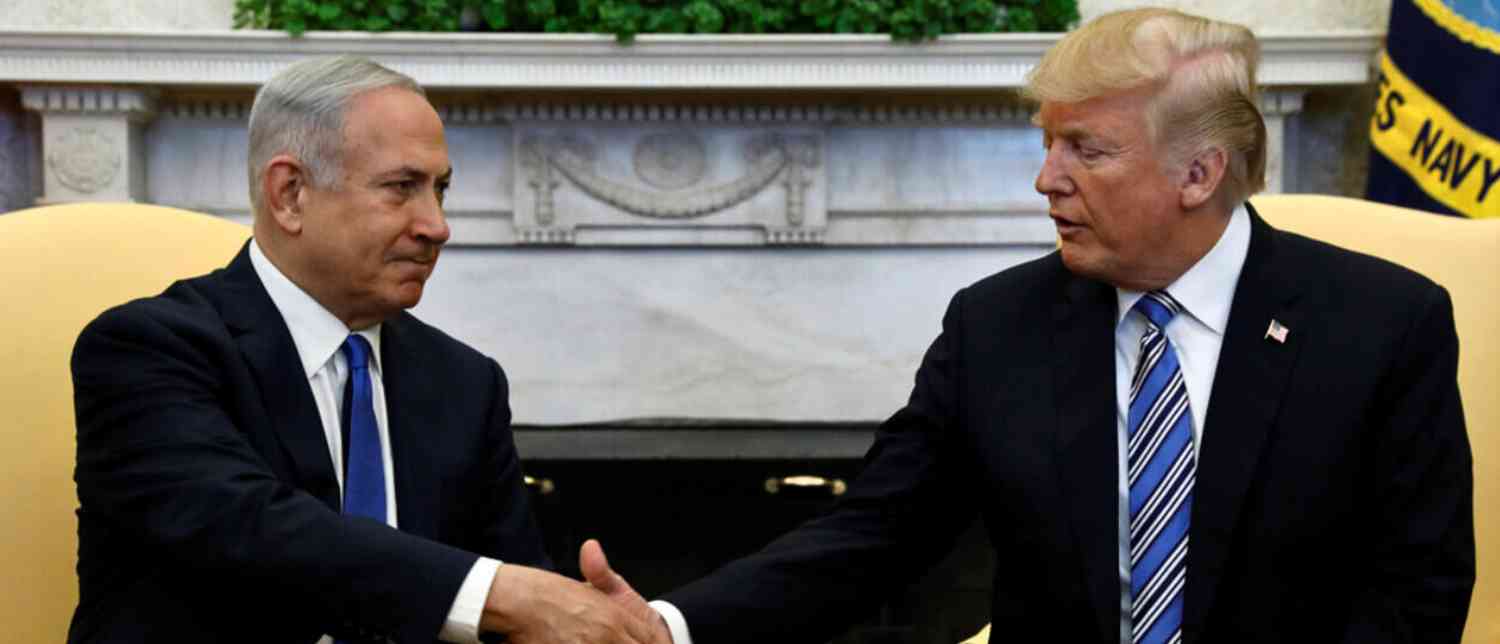In a quiet but significant diplomatic step, representatives from Hamas and Israel have reportedly begun secret negotiations in Cairo, Egypt. The talks, brokered discreetly by Egyptian intelligence officials, aim to explore the possibility of ending the long-standing violence in Gaza. What makes this latest dialogue especially notable is the apparent revival of an earlier peace strategy linked to former US President Donald Trump — a plan that many had believed was shelved years ago.
What’s Happening in Cairo?
According to sources close to the matter, the meetings are taking place away from the public eye to avoid political backlash on both sides. Egypt, known for its historical role as a mediator in Middle East conflicts, is hosting the talks in an attempt to secure at least a temporary ceasefire. While no official confirmation has been made, diplomats in the region suggest that these discussions could open the door to more formal negotiations in the coming months.

For now, the sessions are focused on key humanitarian issues, such as allowing medical supplies into Gaza, improving access to clean water, and possibly easing travel restrictions for ordinary Palestinians. Officials have stressed that these early conversations are highly sensitive, with neither Hamas nor Israel willing to publicly admit too much too soon.
The Return of Trump’s Gaza Proposal
Surprisingly, insiders claim that an element of Donald Trump’s controversial “Middle East Peace Plan,” announced in 2020, is being revisited. Back then, the plan was criticised by many international observers for being overly favourable to Israel while offering Gaza limited autonomy. However, there were parts about economic redevelopment and infrastructure aid that regional negotiators now see as potentially useful.
Trump’s approach had suggested billions of dollars in investment for Gaza’s ports, power stations, and schools — contingent on Hamas agreeing to stop militant attacks and recognise Israel’s right to exist. While the political side of the plan remains a sticking point, some believe that these economic incentives could form the basis of a more practical agreement.
Why Egypt is the Key Player
Cairo has played mediator between Israel and Palestinian factions for decades, often stepping in when clashes escalate and threaten to spiral out of control. Egypt’s proximity to Gaza and working relationships with both Hamas and the Israeli government give it unique leverage. Hosting secret talks away from the public spotlight allows negotiators to speak frankly and explore creative compromises without media pressure.

Egyptian officials are reportedly pushing for a phased approach: start with humanitarian concessions, then build trust with limited economic projects, and finally tackle the deeper political questions. This gradual method aligns with Trump’s plan in parts, though minus the formal recognition demands that Hamas has long rejected.
Could Peace Really Happen?
It’s important to remember that these talks are just an opening chapter, not the conclusion. Many past negotiations have failed because mistrust runs deep. Israel demands guarantees that attacks on its borders will stop, while Hamas insists that the blockade on Gaza must end. Furthermore, political factions within both sides may resist compromising, fearing backlash from their supporters.
International analysts say that for Trump’s Gaza idea to “work” this time, it would need significant changes. Humanitarian aid must be unconditional, and economic projects would have to be developed jointly with Palestinian authorities, not imposed from outside. Confidence-building measures, such as prisoner exchanges and freedom of movement for civilians, could also play a part.
The Bigger Picture
The Middle East remains one of the most complicated regions in the world, with conflicts influenced by history, religion, politics, and economic hardship. Even small breakthroughs — like agreeing on humanitarian corridors — can have a big impact on people’s lives. If these Cairo meetings manage to achieve that, it could pave the way for a less tense and more hopeful future for Gaza.

As for Trump’s plan, its revival shows that even controversial ideas can find new life when times and priorities change. Whether or not it is still “his” plan in spirit will depend on how much the negotiators adapt it to current realities. The world will be watching closely, even if the talks themselves remain behind closed doors.
With inputs from agencies
Image Source: Multiple agencies
© Copyright 2025. All Rights Reserved. Powered by Vygr Media.

























